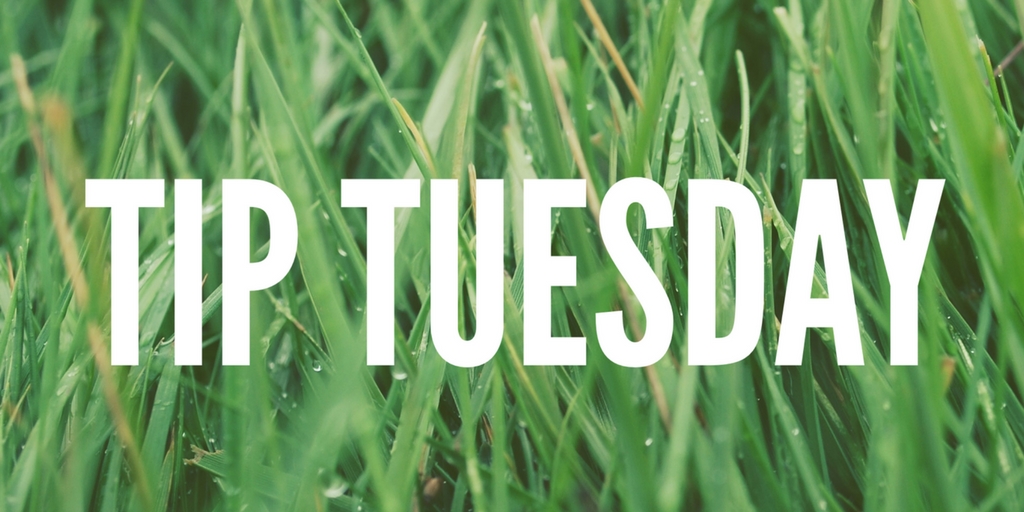
 This week, we’re not going to talk about turfgrass management, we’re going to talk about the turfgrass manager – you. Most of us are sole proprietors with one or two employees that cannot afford to be on the disabled list. As the beginning of July is just around the corner, here are some things that are a lot more important than weeds, insects, and diseases.
This week, we’re not going to talk about turfgrass management, we’re going to talk about the turfgrass manager – you. Most of us are sole proprietors with one or two employees that cannot afford to be on the disabled list. As the beginning of July is just around the corner, here are some things that are a lot more important than weeds, insects, and diseases.
Stay hydrated. Dehydration and heat stroke creep up on you so quietly that you don’t even realize it’s happening. If that weren’t enough, chronic dehydration can lead to the formation of kidney stones. On a scale of one to ten, the pain of passing one of those things is about 50,000. Keep at least a gallon bottle of water with you and drink it throughout the day, before you need it.
Use sunscreen. I know, you look great with a tan, right? For all the dangerous things that we do, none comes as close as being outside in the sunshine. Melanoma will strike nearly 100,000 Americans this year and kill nearly 10,000. Having to take days off because so you can have a plastic surgeon remove cancerous moles is less than enjoyable. Lather up! And a big hat doesn’t hurt either.
Wear Earplugs: You spend six to ten hours a day listening to the drone of small engines. That eventually takes its toll on your hearing which dramatically lowers your quality of life. There are some top-quality earphones that will both neutralize the bad sound and pipe in a little music for you to enjoy. At the very least, use foam earplugs.
Use Eye Protection: There are few organs in the human body that are as open to the outside world and as vulnerable to permanent damage as the eyes. From “eyecatcher” branches to fertilizer prills to pesticides, your eyes are constantly exposed to danger. Investing in a couple pairs of professional caliber safety glasses is a smart way to go. Don’t go the cheap route and buy the clunky safety glasses you wore in the lab in high school – they don’t work and you’ll leaving them in the truck where they do you no good.
Personal Protection Equipment: Otherwise known as PPE, this is the clothing and equipment that you are *required* to wear when applying pesticides. Typically, this means that you’ll be wearing a long-sleeved shirt, long pants, nitrile gloves, impervious boots, eye protection, etc., all of which are supremely uncomfortable when temperatures are close to 100 degrees.
Couple of thoughts: make sure that the nitrile gloves you use are thick enough. The nitrile mechanics gloves that you buy at the auto parts store are not thick enough to protect you, and even though the label may not require it, invest in some rubber overboots to protect your feet. Lawns are wet for a good part of the working day and once you’ve soaked your shoes through to the socks, you’re in trouble.
Machine Safety Instructions: The equipment that’s available to make life easier for performing lawn applications is amazing and continues to improve. But, being human beings, we tend to hop on board and start applying without paying much attention to the safety instructions. This is especially true when operating on slopes; manufacturers are pretty specific about what you can and cannot do.
Here’s the truth: you may be able to get away with doing something with a machine 99 times out of a hundred, but it’s that one time that you don’t get away with it that’s going either seriously injure or kill you. Be smart – size up the property you’re going to work on before you get the machine off the truck. Identify where you can and cannot go with a machine. Then, do the right thing and use another piece of equipment in those areas.
Find more technical tips in our Technical Resource Library in the NALP Member Center.

